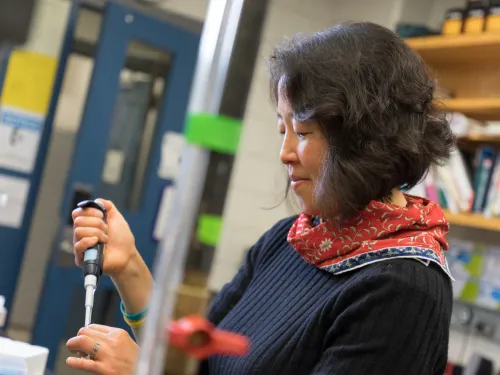The Office of Human Resources assists hiring managers and search chairs in finding, hiring and retaining the most qualified candidates for their department. Hiring managers and search chairs have very important responsibilities when conducting searches. The people they hire affect the characteristics and quality of our diverse workforce. We strive to provide excellence in the candidate’s and hiring manager’s experience. This Toolkit is designed to provide individuals associated with the recruitment process with everything they will need to know to conduct a successful job search, including posting and advertising, current best practices in recruitment and selection, making the employment offer, and beyond!
Recruitment Toolkit
Resources for hiring managers, search chairs, search committee members, and other associated with the recruitment process.
Recruitment Process
The Recruitment Cloud is the application that you will be interacting with throughout the search process and brings the opportunity to streamline the recruitment and onboarding processes for faculty, staff, and student employees!

Initiating Recruitment
Determining and requesting new and replacement positions

Advertising the Job Posting
Recruiting diverse candidates through outreach, advertising, and additional sources.

Interviewing Candidates
Knowing how to ask the right questions and collect additional information from candidates.

New Employee Onboarding
Helping to positively transition new employees to working at Ithaca College and experiencing all out campus has to offer.